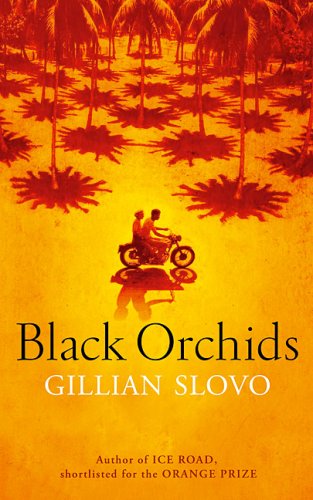Black Orchids
The first ninety pages and the last thirty of this profound novel are arresting, sensual, initially in 1946 Ceylon, later 1972 Sri Lanka. The book begins with Evelyn, nineteen, genteelly impoverished, rebellious, dreading moving with her mother and elder sister to an England of which she knows nothing as Ceylon becomes independent. She meets Emil, a wealthy, handsome Sinhalese. At the end, their 25-year-old son, Milton, visits Sri Lanka for the first time. Between these two scenarios is a series of vignettes, some set years apart through 1950s and 1960s Britain, creating a study in racial prejudice and of a family unable to communicate with each other. Emil is extrovert, genial; Evelyn shrinks under the weight of perceived public disapproval. As her husband and small son walk through a crowded shop, ‘the moving points of magnetism, first repelling, then attracting’, she prays the child she is expecting will not be ‘too black’. The crisis of the marriage is played out in the orchid house Emil has built in the garden.
Because of the fragmented nature of the narrative, after the opening, promising scenes, the characterisation is thin, making it difficult for this reader to empathise. The book is more a fable, a parable, the author’s message of alienation, dislocation—for which she drew on her own memories as daughter of anti-apartheid activists in South Africa with whom she came to Britain as a child—more important than the characters. Not an easy or satisfying read, but thought-provoking.










